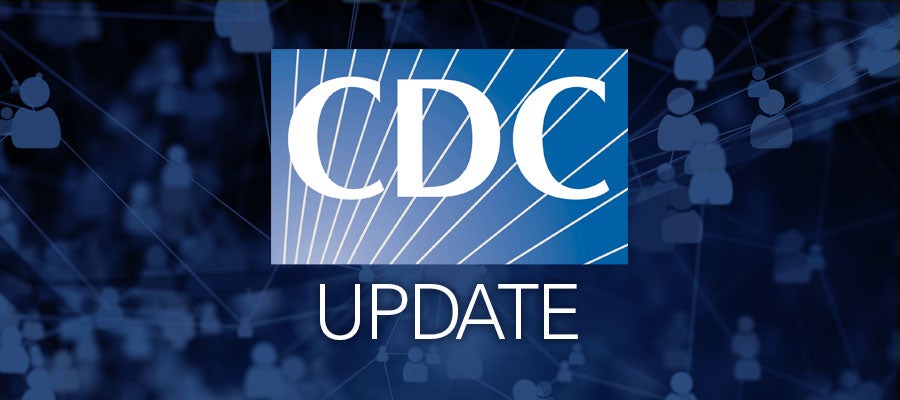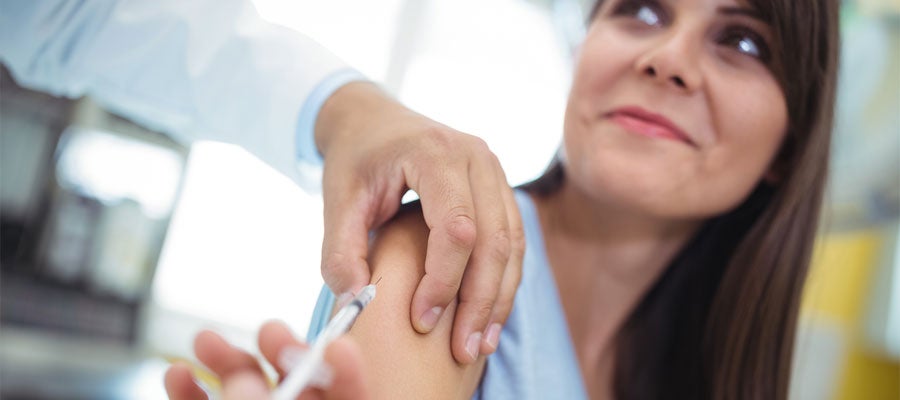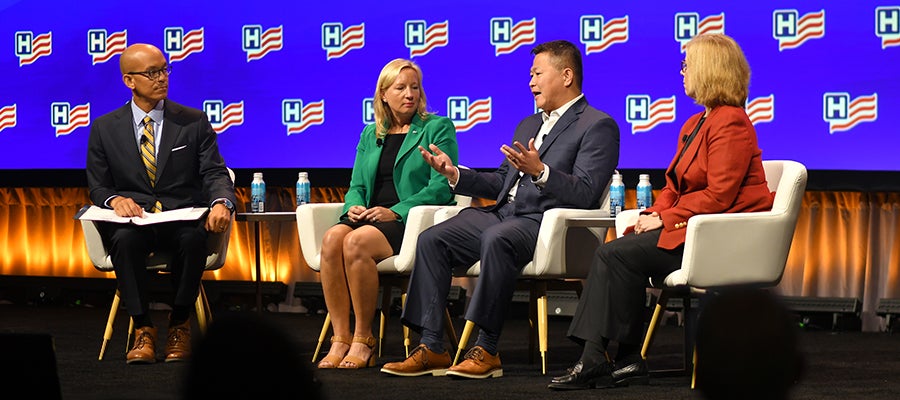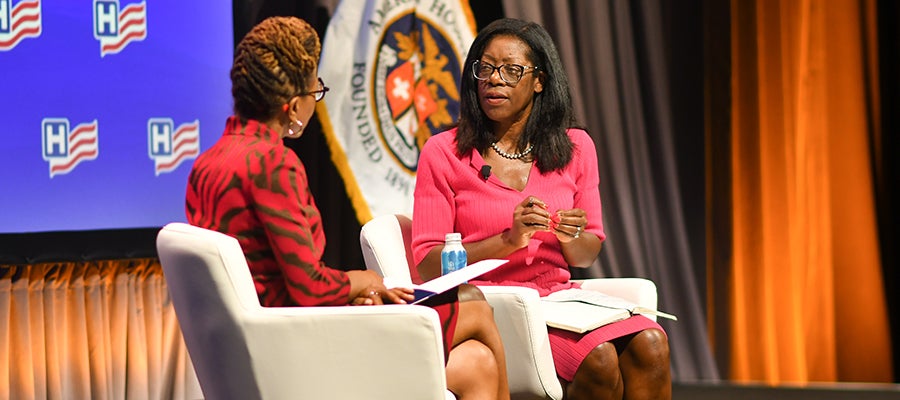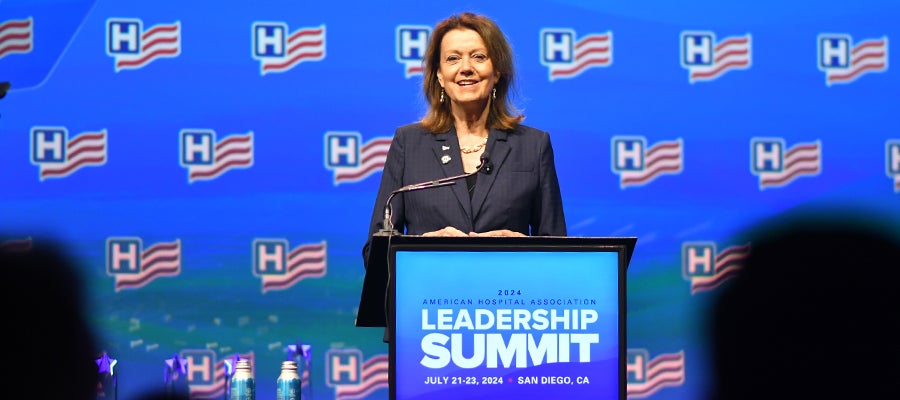The Healthcare and Public Health Sector Coordinating Council, a public-private partnership developed to mitigate threats to the nation’s health care sector, released guidance and recommendations to help health care organizations protect trade secrets, medical research and other innovation capital from theft.
